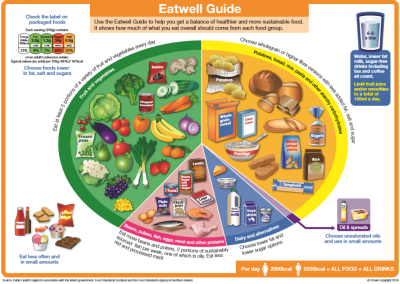How much and what type of exercise should I be doing?
Generally speaking, any type of physical activity is better than none. To start with, this could be as simple as taking the stairs instead of the lift, walking to and from work instead of driving, gardening, walking the dog, washing the car or cleaning the house.
The American College of Sports Medicine guidelines recommend:
“Adults who sit less and do any amount of moderate to vigorous physical activity gain some health benefits.”
“For substantial health benefits, adults should do at least 150 to 300 minutes a week of moderate-intensity, or 75 to 150 minutes a week of vigorous-intensity aerobic physical activity, or an equivalent combination.”
“Adults should also do muscle-strengthening activities of moderate or greater intensity and that involve all major muscle groups on 2 or more days a week, as these activities provide additional health benefits.”
Regular Exercise Can Reduce Your Risk of Major Illnesses
“It can reduce your risk of major illnesses, such as heart disease, stroke, type 2 diabetes and cancer by up to 50% and lower your risk of early death by up to 30%.”
“Given the overwhelming evidence, it seems obvious that we should all be physically active. It’s essential if you want to live a healthy and fulfilling life into old age.”
“It’s medically proven that people who do regular physical activity have:
up to a 35% lower risk of coronary heart disease and stroke
up to a 50% lower risk of type 2 diabetes
up to a 50% lower risk of colon cancer
up to a 20% lower risk of breast cancer
a 30% lower risk of early death
up to an 83% lower risk of osteoarthritis
up to a 68% lower risk of hip fracture
a 30% lower risk of falls (among older adults)
up to a 30% lower risk of depression
up to a 30% lower risk of dementia”
Source: NHS
You Can Burn Fat and Lose Weight
As we all know, exercise burns calories. To produce results and actually lose body fat however, this must be combined with a healthy balanced diet to produce a calorie deficit (expending more calories than you are consuming).
Our advice would be, don’t fall into the extreme, short term ‘yo-yo diet’ trap as this is likely to be demotivating and you’ll end up putting on even more weight and potentially causing damage to your body.
Be sensible, realistic and have a read through the government guidelines (below) for eating a healthy balanced diet. Make sure you are consuming a variety of food groups as the body needs these to function efficiently.
After you finish exercising, your body takes a while to repair and recover, which continues to burn additional calories.
Muscle tissue consume more calories than fat. Therefore, the more muscle tissue you have, the more calories you will burn, even at rest. One of the many reasons that weight training should be incorporated into a ‘fat loss programme’.
Positive Psychological Impact
Participating in regular exercise helps to provide an outlet for the daily stresses of modern living.
Exercising can be fun and sociable, build confidence and self-esteem, reduce stress, improve concentration, improve sleep, ward off anxiety and feelings of depression.
Improve Sporting Performance & Quality of Life
Whether you’re looking to gain a competitive advantage in your chosen sport, or simply be able to walk up a flight of stairs without losing your breath, carry the shopping, play with your children or reach down to tie your shoelaces, regular exercise can help to achieve this.
With the right training programme, exercise can help to improve your bone density, muscular strength and endurance, posture, mobility, flexibility, cardiovascular fitness, prevent injury and correct muscular imbalances.


Recent Comments